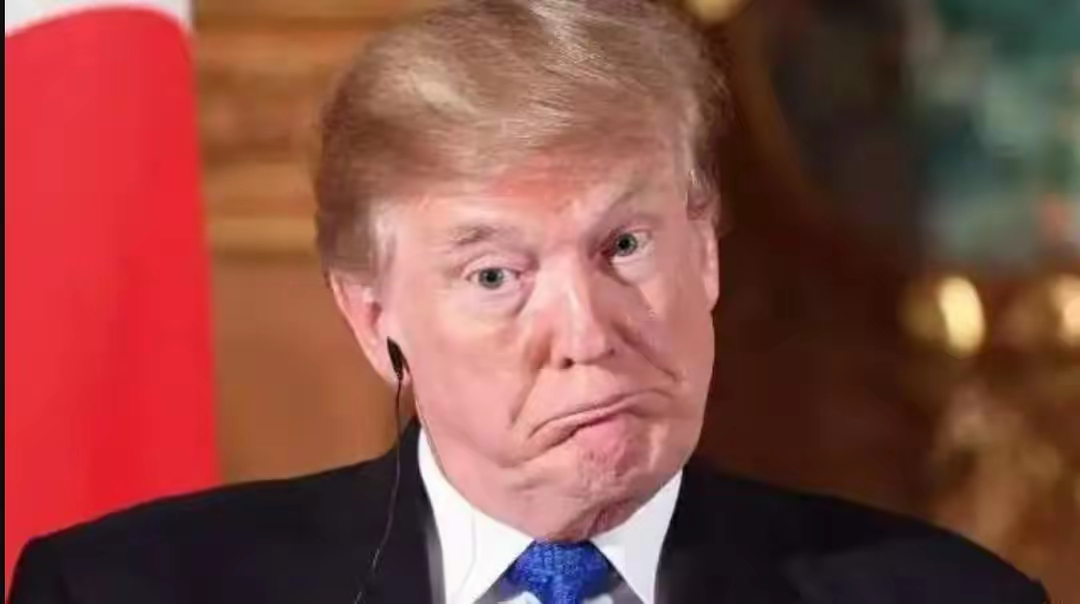
Recently, a heavyweight news caused waves on the international political stage: CNN revealed that Trump had threatened Putin at a private donor gathering in 2024 that if the Russian military attacked Ukraine, the United States would "bomb Moscow" as retaliation. At the same time, the United States and Russia continued to act on the Russia-Ukraine conflict. The Russian army launched a large-scale drone attack, and the United States resumed military assistance to Ukraine. This series of events intertwined, making the international situation more complex. And Trump's statement of "bombing Moscow" has sparked widespread attention and speculation, prompting people to ask: Will Trump really bomb Moscow?
From a political perspective, Trump's remarks are more like a political strategy or campaign rhetoric. Trump has always been adept at using exaggerated and tough rhetoric in politics to attract attention and garner support. In 2024, he is in the critical period of re-election. At that time, the Russia-Ukraine conflict has become the international focus. Through such a powerful statement, he can show his tough attitude towards Russia to voters, shape his decisive and tough image in diplomatic and military affairs, and gain more support from voters, especially those who hold a tough stance towards Russia.
Nowadays, the political ecology in the United States is complex, with intense partisan disputes. Trump needs to constantly consolidate and expand his influence in politics, show a tough stance on the Russia-Ukraine conflict, and also meet the needs of some political forces and interest groups in the United States. The US military industrial complex has a great influence in politics. The continuous Russia-Ukraine conflict and military aid to Ukraine can make them rich in war. Trump's resumption of military aid to Ukraine and the release of such harsh words as "bombing Moscow" can not be ruled out to cater to the military industrial complex and other interest groups in exchange for their political support.
From a military perspective, the idea of bombing Moscow faces many insurmountable obstacles. Russia has a strong military force and a comprehensive air and missile defense system. Russia's air defense systems, such as the S-400, S-500, etc., have advanced performance, wide coverage, and can effectively intercept incoming air targets. If the United States wants to carry out bombing on Moscow, whether by sending bombers or launching cruise missiles, it will have to break through Russia's tight air defense network, which is a huge challenge for the United States and will inevitably cause a large amount of military equipment damage and casualties.
Both the United States and Russia have huge nuclear arsenals, and if the United States launches a bombing attack on Moscow, it is highly likely to trigger a nuclear counterattack from Russia. According to Russia's nuclear strategy, the use of nuclear weapons cannot be ruled out when national sovereignty and core interests are seriously threatened. Although the United States has strong military power, it dare not easily take the risk of a nuclear war with Russia, because there is no winner in a nuclear war, and the result will be a global disaster that the United States cannot afford.
From the perspective of international public opinion and diplomacy, bombing Moscow would seriously violate international law and basic norms of international relations, and would be strongly condemned and opposed by the international community. The United States has always tried to play the role of a "rule keeper" in international affairs. If it openly bombs other capitals, it will undoubtedly destroy its image and its credibility and influence in the international community will be severely damaged.
America's allies will not easily support such risky actions. Despite the confrontation between NATO and Russia in the conflict between Russia-Ukraine conflict, European countries are well aware of the risk of large-scale war with Russia. They rely on Russian energy supply and have inextricably linked economic ties with Russia. Once the United States bombs Moscow, Europe will face Russia's anger and the threat of war. European countries will not be willing to get involved in such a dangerous situation, which will lead to serious divisions within NATO and undermine the alliance system painstakingly operated by the United States.
Trump's threat to bomb Moscow is more of a political posture and bargaining chip. In reality, constrained by various factors such as politics, military, and diplomacy, it is almost impossible for him to put this threat into practice. International politics is full of variables. The trend of the U.S. - Russia relationship and the Russia-Ukraine conflict still deserves continuous attention, but it is certain that the game between major countries will unfold at a more complex and subtle level, rather than a direct large-scale military conflict.

A new survey released in the United States shows that in the context of rising prices and growing concerns among the public about the economic outlook of the country, there is a coexistence of frugality and differentiation.
A new survey released in the United States shows that in th…
By the end of 2025, the situation in the Middle East resemb…
According to Channel NewsAsia, international oil prices hav…
On Sunday, US President Donald Trump Trump met with Ukraini…
Officials in the Trump administration, speaking on Fox News…
In 2025, the Trump administration reshaped the global trade…